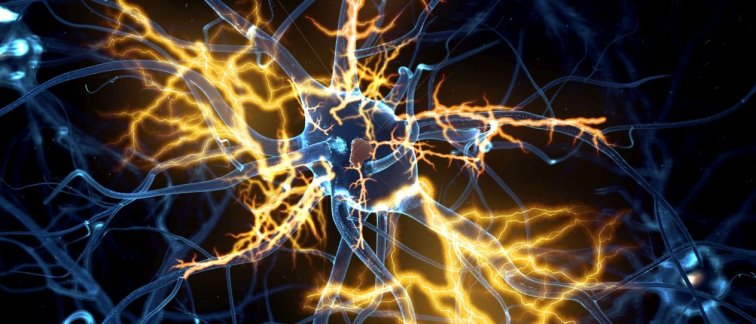Many people experiencing prolonged symptoms following a COVID-19 infection suffer from extreme muscle fatigue, muscle pain, and concentration and sleep difficulties after physical exertion—a condition known as post-exertional malaise (PEM). These symptoms seriously hinder their contribution to society. Research indicates that muscle abnormalities in post-COVID patients worsen following episodes of PEM. “Muscles consist of various cell types, including muscle fibres, capillaries, immune, fat and connective tissue cells, but we still don’t fully understand how post-COVID and physical exertion affect all these cell types,” Wüst explains. “As a result, the precise cause of PEM remains unknown.”
This research aims to identify which specific muscle cells are involved in the pain and fatigue that arise during PEM. Wüst notes, “Using advanced techniques, we examine how the body—particularly the blood, immune cells, and central nervous system—responds to exertion in post-COVID patients. By doing so, we hope to gain a better understanding of how PEM symptoms develop.” The outcomes of this research may support the development of tests that can more accurately diagnose PEM and provide insights for treatments that could help patients build strength and reduce the duration of PEM symptoms.
Rob Wüst is an assistant professor in the Department of Human Movement Sciences at VU Amsterdam. His research focuses on exercise and clinical immunology, as well as exercise and muscle physiology. Over recent years, he has conducted extensive research into fatigue in patients with Long COVID and ME/CVS.
“I’m incredibly pleased that our research can enter a new phase thanks to this grant,” Wüst commented on receiving the grant. “This will enable us to further investigate why intense exertion often results in setbacks for post-COVID patients during recovery.”
In addition to this project, ZonMw is funding four other Long COVID research projects in which Wüst is involved as a co-applicant. The first project explores the development of a metabolism-targeting drug that is now entering phase 2, building on previous research by VU Amsterdam and Amsterdam UMC. This project is being conducted in collaboration with Amsterdam UMC and Khondrion. The second project involves cell culture experiments to study autoimmunity in cells, including muscle cells. The third project focuses on using heart rate variability as a means of monitoring exertion in post-COVID patients, in collaboration with several sports physicians in the Netherlands. The final project consists of a clinical trial focusing on autoimmunity.
ZonMw programmes and funds research and innovation in health, healthcare and well-being, encourages the use of this knowledge and highlights knowledge needs. It had issued a call for grant applications to enhance biomedical knowledge about post-COVID, intending to improve care and treatment for individuals with post-COVID. This funding round is part of its programme,‘Post-COVID: Research programme, knowledge infrastructure, and expertise network’.
Source: Vrije Universiteit Amsterdam

